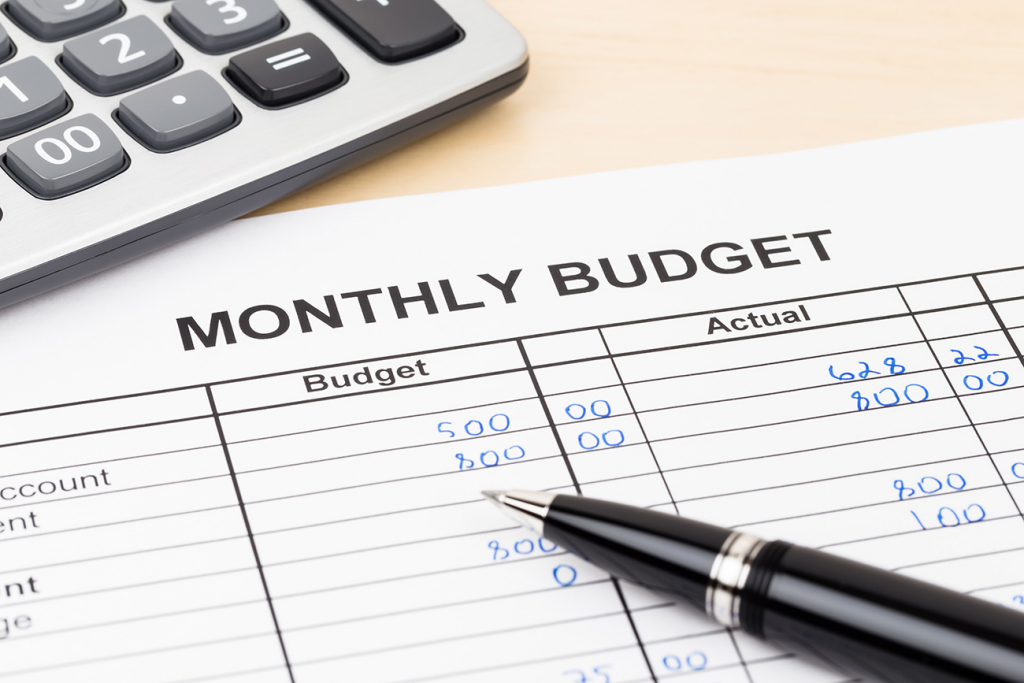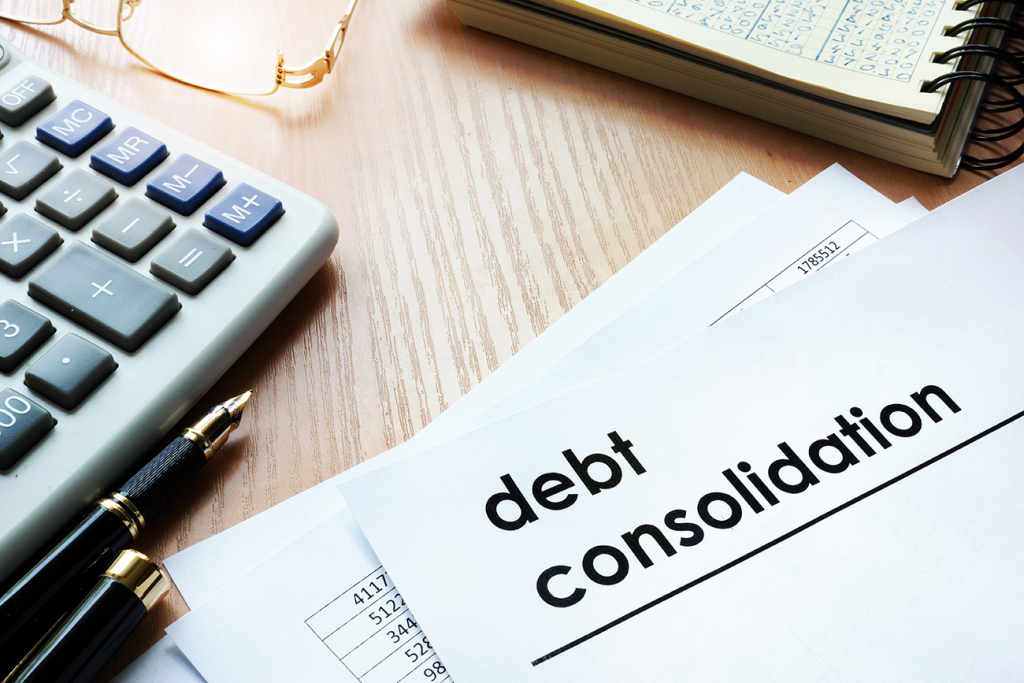Help me get out of debt
If you’ve been feeling that your debt is getting out of control, you’re not alone. According to an Equifax Canada report, Canadians’ non-mortgage debt increased by 4.9% in early 2019. Manitobans are particularly struggling with debt, having the third-highest increase in delinquent debt of all provinces.
An MNP survey also discovered that almost half of Canadians wouldn’t be able to pay their bills if they came up short by just $200 in any month. That doesn’t leave a lot of room for error! While ever-increasing debt can make you feel stressed and overwhelmed, reducing debt is easier than you might think. This plan of action can help get you out of debt and into a far more secure financial position.
The key to getting out of debt: Building a budget
The first step in debt repayment is to make a budget. Gather all of your financial documents and write down all of your income, expenditure and how much is left over.

Once you have a clear picture of your finances, you can start to put together a debt reduction plan. A crucial part of that plan will be to increase the amount of money you can put towards paying off debt. For this, you need to reduce your spending while increasing your earnings.
Related: Budgeting 101 — How much should I actually be saving?
Effective ways to reduce spending
Consistently spending less than you earn will quickly free up more cash for debt repayment. You can do this in everyday situations, and tackle the problem bit by bit.
Boring but effective
Reduce your non-essential expenses, such as eating out, going to the movies or high-ticket shows and taking extra trips.
Try cash for a while
It can also help if you get into the habit of paying with cash or debit card. If you don’t have the money to pay for something, don’t buy it.
Renegotiate contracts
Talk to providers and brokers to reduce the amount you pay on home, auto and life insurance, cell phone, Internet, cable and other services. Asking for loyalty plans could get you a better deal, and sometimes switching to a different provider could unlock new savings.

Consolidate your debt
This is a financial strategy where you pay off all of your smaller debts by taking out one large debt at a much lower interest rate. This is usually in the form of a personal loan, line of credit or mortgage refinance, all of which could offer much lower rates than what you currently pay. In fact, this strategy alone can save you thousands every year.
Increasing your income
There are several ways to boost your earnings to bring in additional cash flow. Some tactics can bring in extra money right away, while others could be a longer-term play. Just keep in mind that every bit helps, and put the additional income directly towards your debt so you’ll feel like it’s well worth the effort.
Extra time, extra money
Many people will first try to work extra shifts at their current work or take on a second job for a short time to get over the hump. Alternatively, you could start up a side business that offers more flexibility, depending on your skills, such as a writer, consultant, handyperson or gardener.
Vacation rentals
You could rent out part of your home, like a room or your basement, on a long-term lease or temporarily, using sites like Airbnb. The extra income will help pay off your debts much faster.

Clean up & ship it out
You know those extra things lying around the house you haven’t used in a long time? This could be the perfect time to post them for sale online and find them a new home. Extra furniture, small appliances, books, music or clothing — snap a quick pic and add a description on classifieds sites like Kijiji or VarageSale.
Get crafty
If you have a creative side, you could also make your own e-craft store on sites like Etsy. Aside from selling your creative items online, you can also get a table at nearby craft shows and events to grow a local following.
Work out a debt payment plan
As you work on cutting costs and boosting your income, also make a debt payment plan. This plan will help you determine:
- How much you currently owe
- How much you can afford to pay into it every month
- How long it will take to be debt-free
As part of this plan, set aside some money for emergencies. It may seem counter intuitive to talk about savings when you’re drowning in debt, but having an emergency fund will help you avoid additional debt in the future.
When it comes to making payments, use the “snowball technique.” Pay the minimum payment on all of your debts, but for the one debt with the highest interest, make sure you pay the maximum you can afford. Following this strategy, you’ll reduce your overall interest payments faster.
Once that highest debt is paid off, move onto the next highest debt to make the maximum payment possible. As you move forward paying off these debts, the amount of money you’ll have available to make payments will continually snowball in size until all your debts are paid off.
Getting help to start
Your ACU financial advisor can help you to prepare a realistic budget and develop a strategy to pay off all your debt as soon as possible. They can also help you with a debt consolidation plan, with loans starting as low as prime plus 1%.
Book an appointment today and start working towards your debt-free life.
Up Next
Celebrating the 10th anniversary of student-run credit union
Just over 10 years ago, a survey circulated at Winnipeg’s Technical Vocational High School. The results showed that students at the school, commonly known as Tec Voc, felt short-changed—they were…
Kilter Brewing Co. serves up craft beer and community connection in St. Boniface
Deep in the heart of St. Boniface, Kilter Brewing Company is a hidden treasure—an oasis for Winnipeggers to escape their day-to-day routines, enjoy craft beer and connect with their community….
How to use a mortgage calculator to budget better
Learn how to use ACU’s mortgage calculator to figure out how much mortgage you can afford, and what budget you should set before you start house hunting. A mortgage lender…




